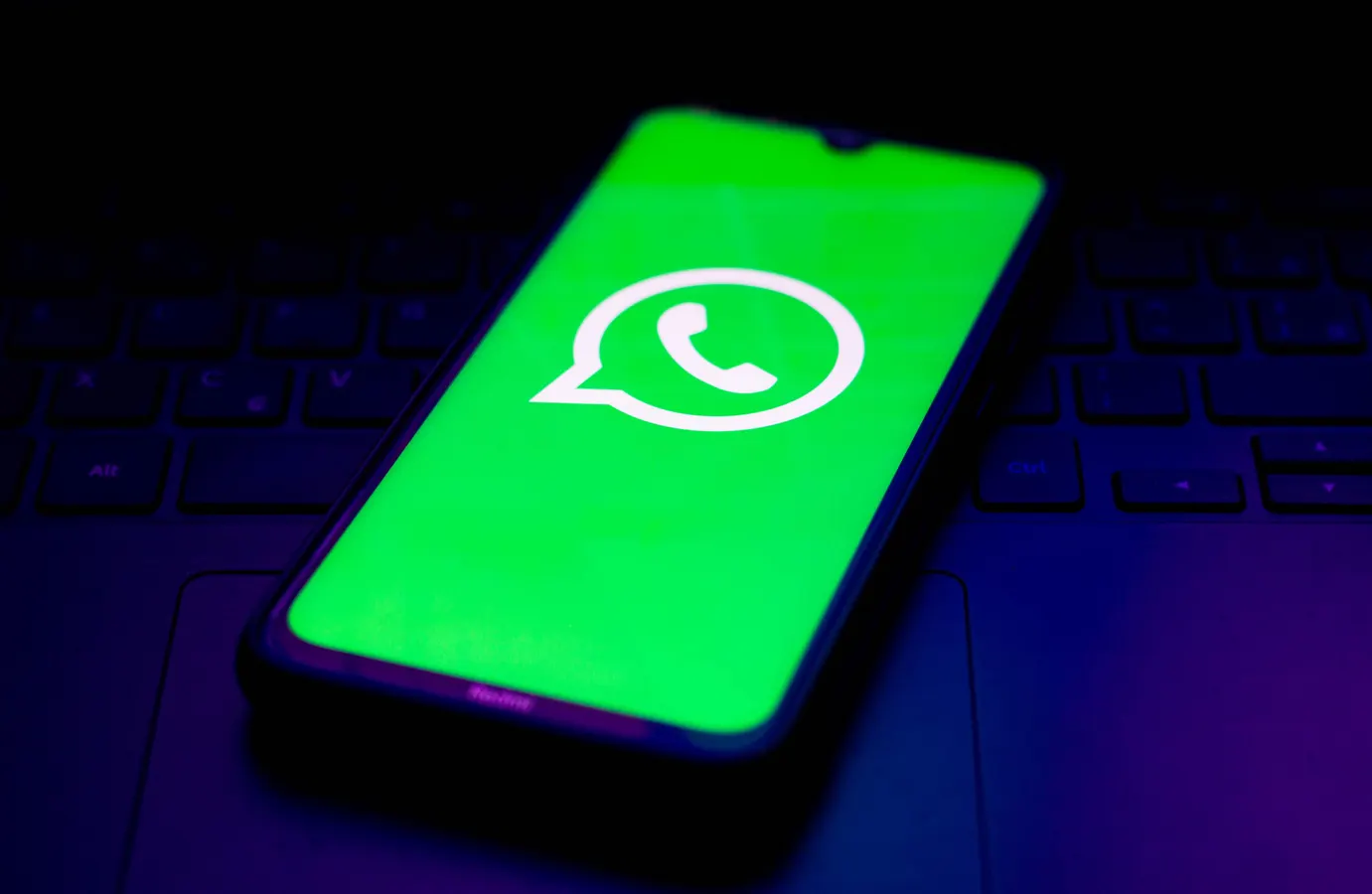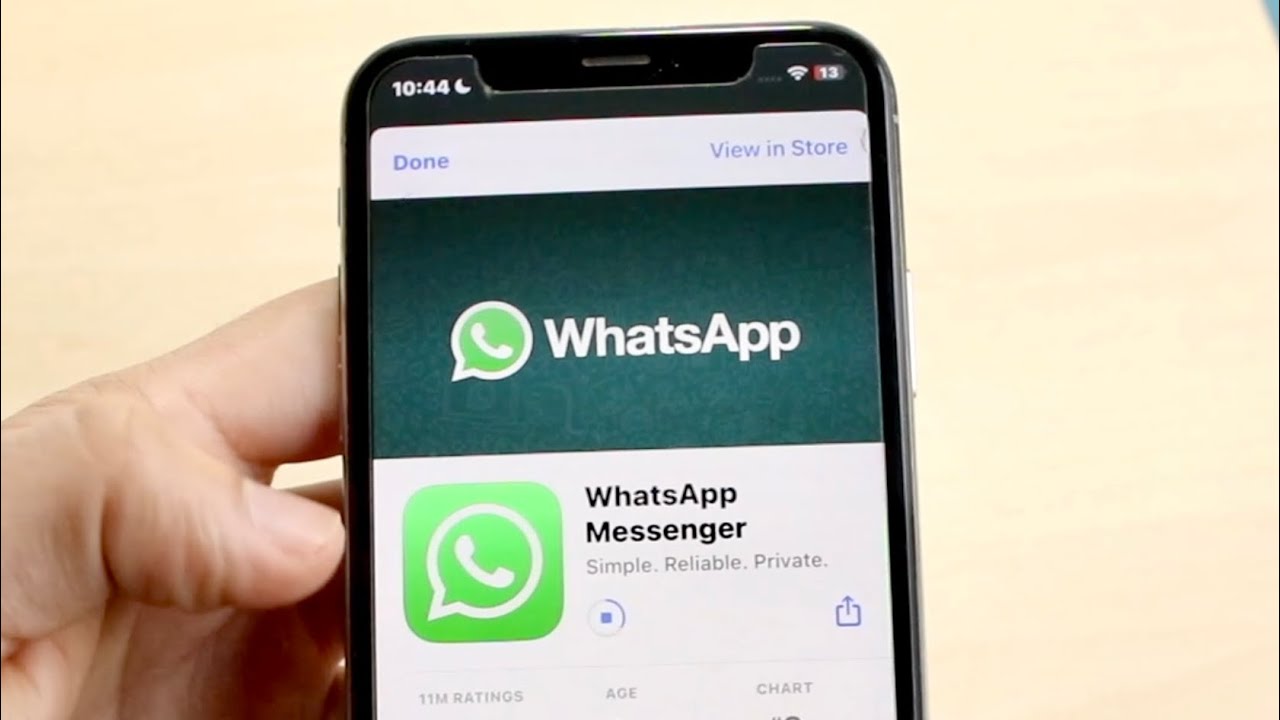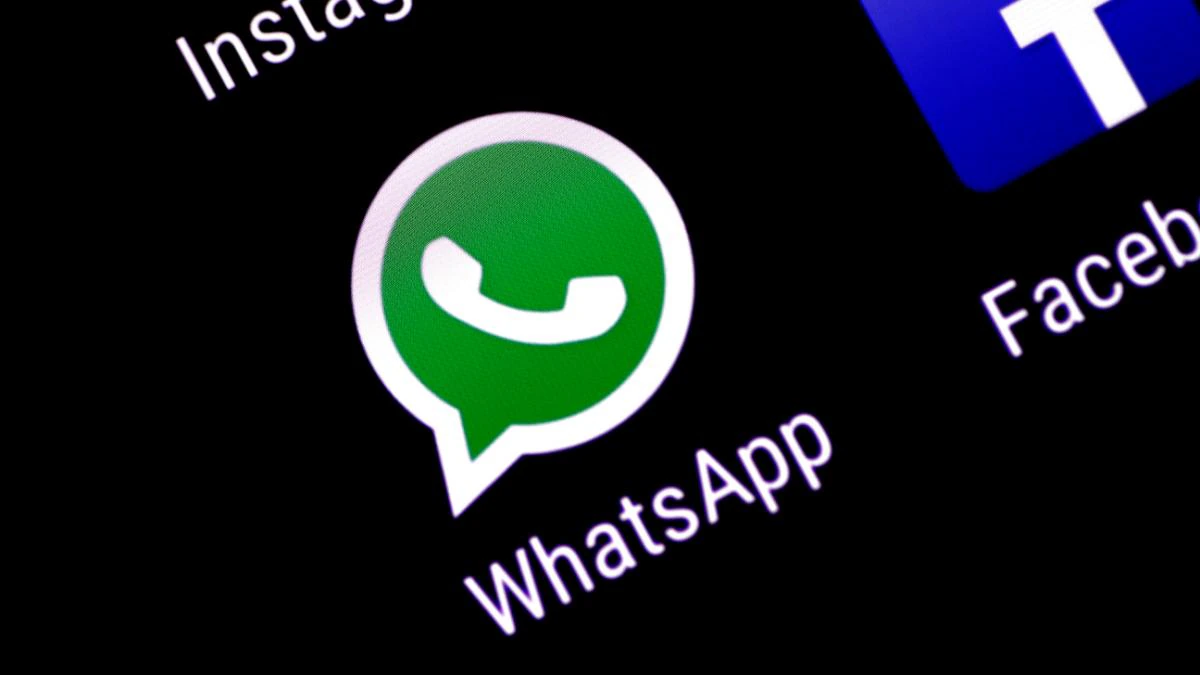In an age where digital communication is as vital as air and water, the defiance against bans on popular platforms like WhatsApp highlights a broader struggle for internet freedom and privacy.
As reported by Joe Tidy, a Cyber correspondent for BBC World Service, tens of millions of users across several countries have ingeniously circumvented restrictions to access WhatsApp, despite official prohibitions.

WhatsApp Resists Bans with Global Digital Innovation
WhatsApp, a messaging titan with a global user base of two billion, has been officially banned or had its features severely restricted in countries including Iran, North Korea, China, and parts of the Middle East and Africa. Yet, the spirit of digital resistance thrives as users deploy VPNs and other innovative workarounds to keep their lines of communication open.
Will Cathcart, the chief executive of WhatsApp, expressed his astonishment at the resilience and ingenuity of users. “You’d be surprised how many people have figured it out,” Cathcart revealed in an interview with BBC News. His company has observed substantial activity from these regions, indicating that the bans are more porous than anticipated.

The Role of Technology in Upholding Freedoms
The recent actions by Chinese authorities to prevent iPhone users from downloading WhatsApp from the App Store mark a significant escalation in digital censorship. This decision, which Cathcart described as “unfortunate,” underscores a broader campaign against encrypted messaging services that also saw the bans of Telegram and the microblogging app Threads in China.
Despite these challenges, Cathcart remains committed to the mission of providing secure, private communication. “We take a lot of pride in the fact that we’re providing secure private communication that is free from surveillance of authoritarian governments, or even censorship from government, to people all around the world who otherwise wouldn’t have it,” he stated.
Known for luxury shopping, thrilling nightlife, Dubai is a popular destination for expats and holidaymakers. But does WhatsApp work in Dubai? Which VPNs are the best workarounds? Find out all you need to know about the WhatsApp ban in Dubai🗣️ https://t.co/4vbN6Lwp0D pic.twitter.com/Xk3cqXb3Z9
— cloudwards (@cloudwards) March 4, 2022
The Global Encryption Debate
The conversation around digital privacy and encryption is not confined to countries with strict internet controls. In the West, where the principles of a free and open internet have traditionally been upheld, there is a growing debate around the use of end-to-end encryption. This technology ensures that only the sender and receiver can read the contents of messages, effectively barring any third-party access, including by law enforcement.
This debate has intensified with the potential ban of the Chinese-owned app TikTok in the United States over national security concerns, reflecting a global reevaluation of internet privacy and security. “Sadly, I don’t think the debate is over,” Cathcart lamented. He emphasized the importance of public awareness and education on the implications of end-to-end encryption and what is at risk if it is compromised.

Conclusion: A Continuous Struggle for Digital Rights
The ongoing battle for access to encrypted messaging services like WhatsApp reflects a broader struggle for personal freedoms in the digital age. As governments worldwide grapple with the complexities of technology and privacy, the resolve of millions to bypass censorship and surveillance serves as a testament to the enduring value of free and open communication. For many, the ability to communicate securely is not just a convenience but a fundamental right, underscoring the crucial role of digital platforms in the fight for global internet freedom.


